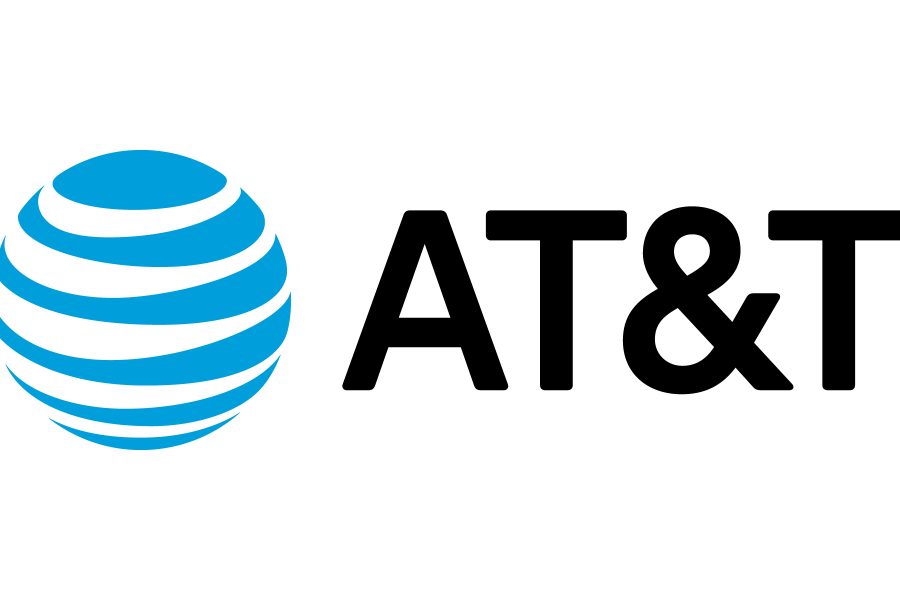AT&T to Biden: Don’t leave 5G out of infrastructure spending frenzy
The Biden administration is reportedly preparing an infrastructure spending plan that could top $3 trillion. An unspecified portion of that is expected to be directed toward crossing the digital divide.
Not surprisingly, telecommunications providers and vendors of all sizes and types are jostling for a chance to grab a portion of that spending for themselves. After all, how can the government make sure all Americans have access to a speedy Internet connection without ultimately directing money toward the companies that will build and deliver those connections?
However, there’s a brewing battle over exactly how Biden should allocate all that spending – spending that could top $100 billion, based on some of the preliminary legislation that may underpin the president’s ultimate proposal.
Should Biden go “full broadband” and require that every government-funded connection support 1 Gbit/s connections both on the uplink and downlink? Some former FCC officials argue this is the only way to “future proof” Biden’s spending.
Others though argue that a “good enough” effort should be used in locations where Gig connections would undoubtedly cost tens of thousands of dollars to deliver.
AT&T – which is building 1 Gbit/s fiber connections to millions of new locations this year – has added its voice to the “good enough” camp.
“Fiber is the most ‘future-proof’ approach, but it is commonly accepted that it is not practical to assume fiber can or should serve every household in rural America,” wrote AT&T’s Joan Marsh, EVP of the company’s federal regulatory relations, on the company’s website. “Some flexibility must be preserved, particularly for the next generation of fixed wireless technologies likely to be deployed in the recently auctioned C-band that will easily deliver performance at 100Mbit/s down.”
Marsh’s comments are noteworthy considering her boss – CEO John Stankey – has argued that widespread deployments of 5G fixed wireless Internet services working in the C-band “starts to put a real tax on a mobile network.” Similarly, AT&T networking chief Jeff McElfresh said the company will only engage in “niche” fixed wireless buildouts in locations mostly adjacent to AT&T’s fiber network.
To read the complete article, visit Light Reading.

















